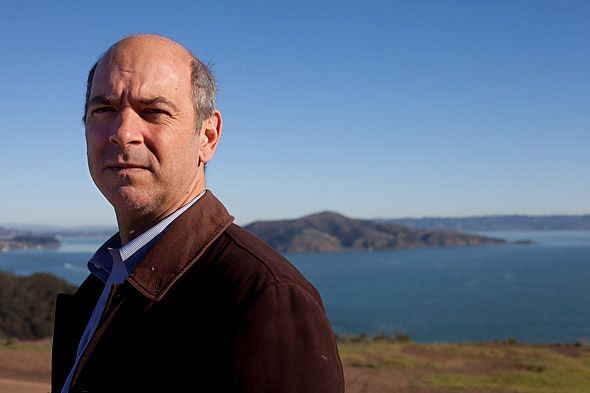Paul Fenn, the co-founder of Community Choice Aggregation (CCA) and president of Local Power, Inc., explained at a PLAN-Boulder forum on the evening of November 8, 2010 that CCA is an alternative to both municipal power systems and investor-owned utilities and a way of allowing masses of customers to buy electricity from an alternative energy provider. Colorado does not currently authorize CCAs. So, unless the state law changes, this concept in its current form cannot be implemented by the City of Boulder.
Fenn said that there is a CCA in Massachusetts, two in Ohio, and three in California. They serve over one million customers. He claimed that 25 percent of the electricity provided by the recently formed CCA in Marin County, California, is from renewable sources.
CCAs work on identifying local renewable energy potential, developing that potential, reducing demand in their service areas, and pairing geographically proximate customers with complementary demand patterns. As an example of the latter technique, a commercial user with heavy day-time demand might cooperate with a nearby industrial user with heavy night-time demand to jointly purchase electricity, thereby evening out the demand over 24 hours and reducing the total cost of electricity.
He said that a new CCA should very carefully map potential renewable energy resources in its service area, as well as the volume and temporal patterns of demands for electricity from customers. He noted that geothermal energy sources are located in many parts of Sonoma County, California, and should be developed by its CCA. Pump storage facilities can be very useful, he said, where water is pumped uphill to a reservoir during the night when electrical demand is low, and released downhill and run through turbines during the day when demand is high.
He commented that solar thermal is a very cost-effective form of renewable energy, as is co-generation. In co-generation, the waste heat from a large industrial or commercial boiler may be used to power a generator. Other forms of co-generation are already used by the City of Boulder: burning the methane from its sewage treatment plant to drive a generator or directing the excess pressure from the water coursing through the pipes from the city’s watershed in the mountains to its customers on the plains to turn turbines.
Fenn strongly advocated the development of a wide variety of intermittent renewable energy sources, because none of them are sufficient by themselves. He noted that solar energy from photovoltaic cells is generally only useful to the extent that it can be consumed when it is produced. On the basis of information that electricity customers in the City of Boulder spend $100 million a year for service, he very tentatively estimated that a CCA in the city should spend about $250 million to develop renewable energy sources within a radius of 60 miles.
CCAs have the authority to issue and sell bonds to develop renewable energy sources, buy or build transmission facilities, and implement demand-reduction technologies. Fenn said that the CCA’s revenues can be pledged to pay the debt service on the bonds, so that taxes are not raised and municipal general funds are not affected. Fenn claimed that renewable energy does not cost more than energy from fossil fuels, but that it also does not provide a rate of return that conventional utilities find acceptable.



